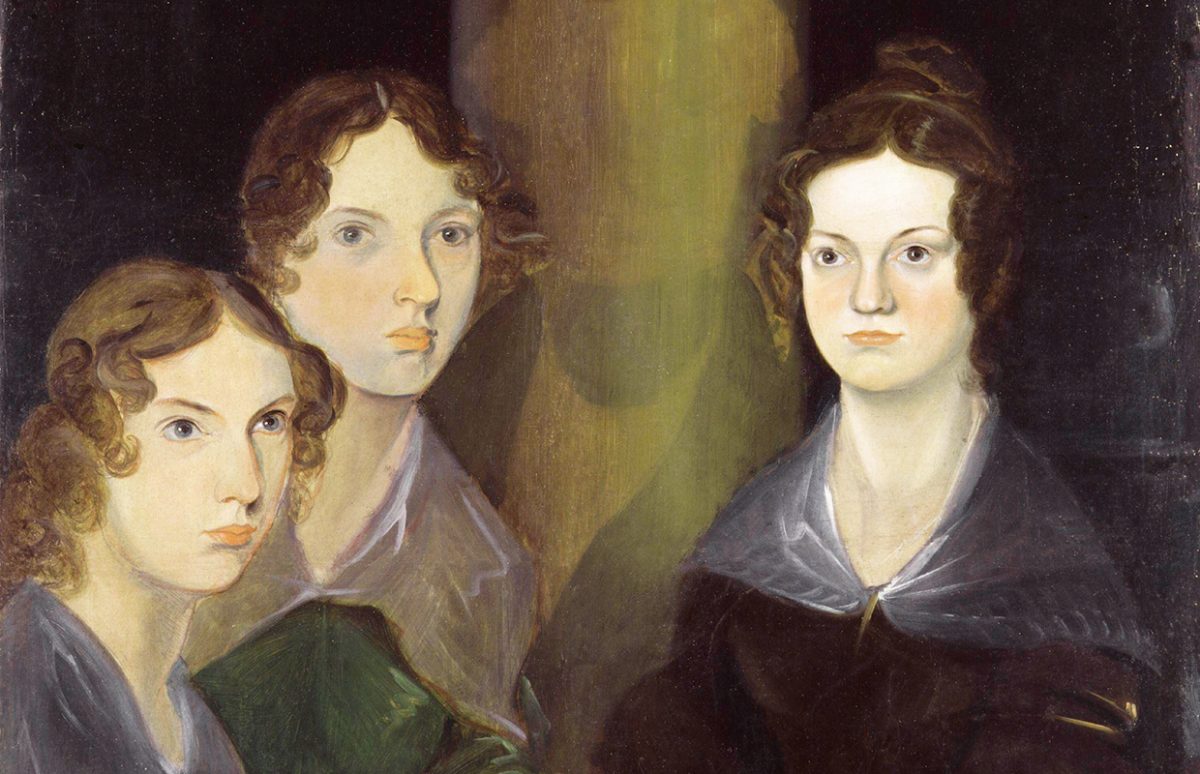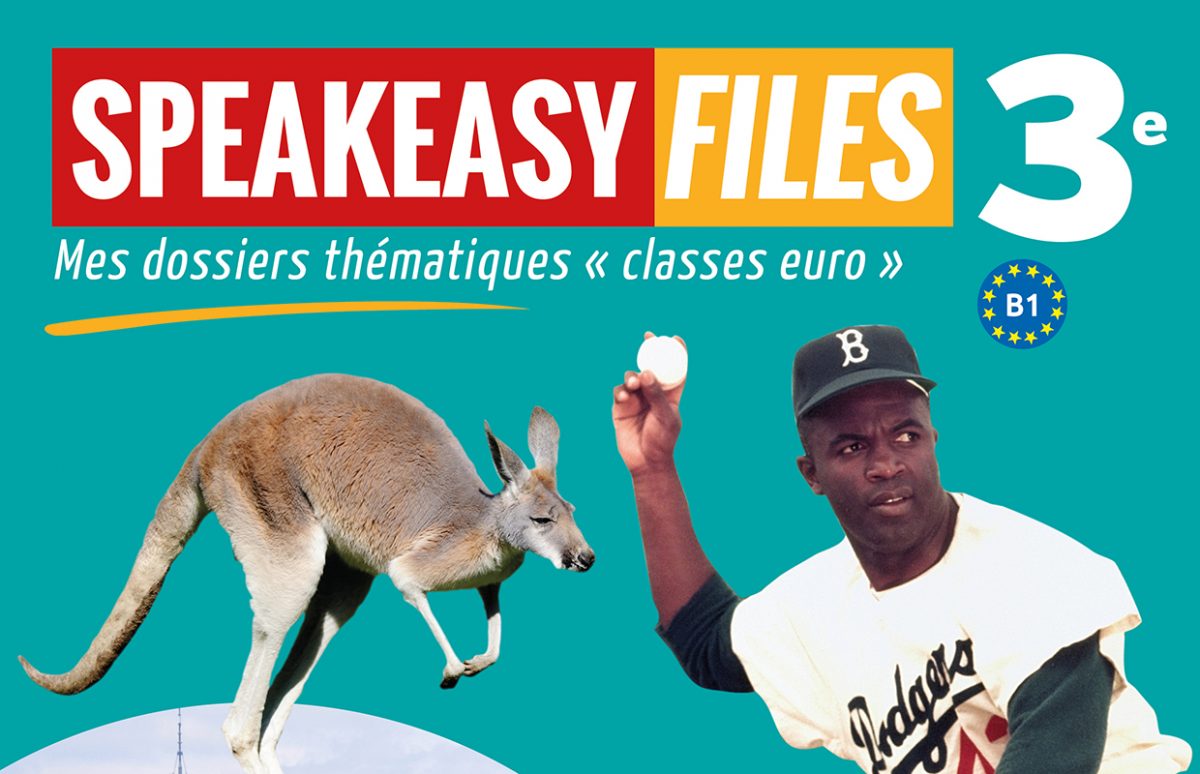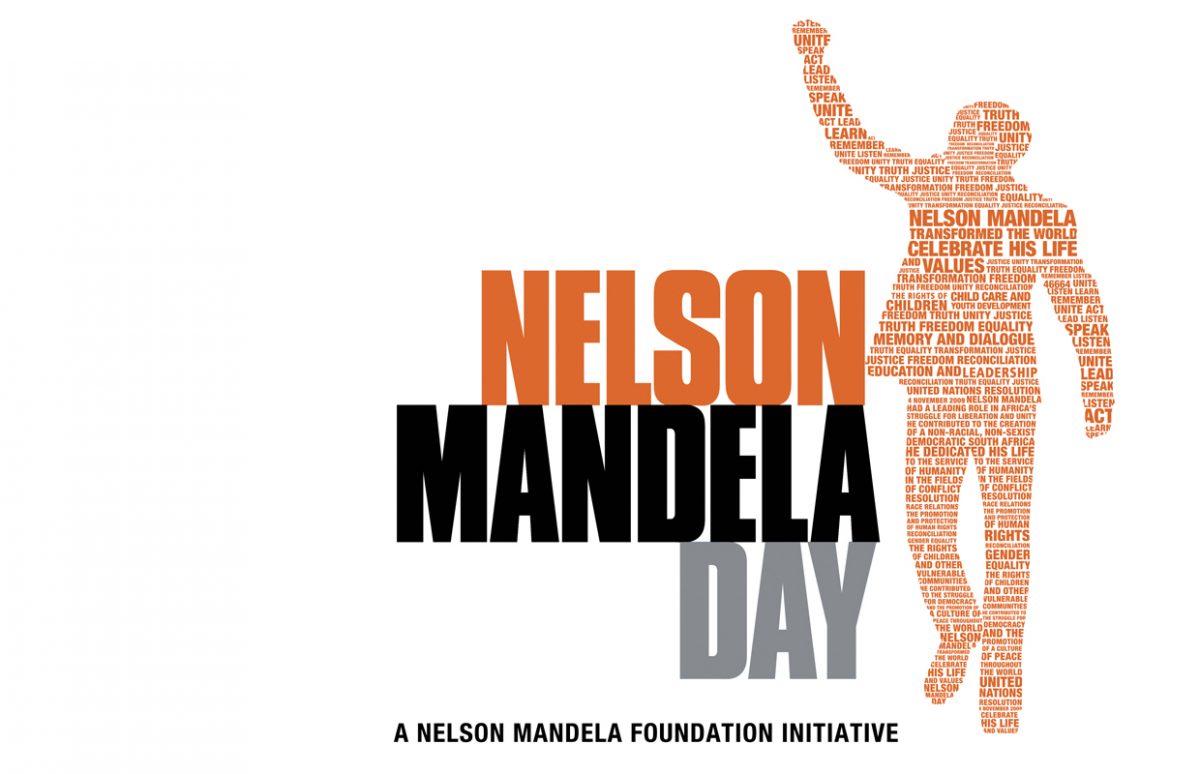
A film about Frankenstein author Mary Shelley is being released on 8 August. This B1-B1+ resource allows pupils to explore an interview with Haifaa-Al-Mansour, its director, about Shelley, filmmaking and being the first female Saudi Arabian director. You may want to introduce the topic of Mary Shelley and Frankenstein first with our Ready to Use … Continue reading “Audio Interview with the Director of Mary Shelley”

The Jeu de Paume museum in Paris is hosting an exhibition of Depression-era photographer Dorothea Lange’s work from 16 October to 27 January. It’s a wonderful subject for class work, and has inspired our Ready to Use Resource and a competition for pupils. Dorothea Lange (1895-1965) documented some of the most traumatic aspects of U.S. … Continue reading “Dorothea Lange Exhibition: Teacher and Class Visits”

If you are using our Murder on the Orient Express Resource with your students, this introductory scene from the film is a great way to introduce the characters. It’s 9 minutes long but with limited dialogue and pupils should be reassured that they are not expected to understand every word. They should have a grid … Continue reading “Teaching With Film: Murder on the Orient Express”

The three Brontë sisters lived short, isolated lives in early nineteenth century England, but they produced some outstanding novels, in particular Jane Eyre and Wuthering Heights. The bicentenaries of their births are being celebrated from 2016 to 2020. To find out more about the Brontës, visit the Brontë Society site, which has information about each … Continue reading “Brontë Family Webpicks”

Nous serions ravis de recevoir des exemples d’erreurs génériques que vos élèves font tout le temps afin de vous proposer en retour des méthodes efficaces pour aider les élèves à éviter ces erreurs. Par exemple, confondre les noms dénombrables et indénombrables : “I read much books.” Ou se tromper dans l’ordre des mots: “I speak very well … Continue reading “Help Us Help You Avoid Student Errors”

Parmi les idées d’évolution du Baccalauréat figure la perspective d’un « grand oral » qui valoriserait les compétences de l’oral. Or, la confiance nécessaire pour parler devant ses camarades, toute la classe, voire un jury, n’est pas innée et les élèves doivent y être régulièrement entrainés. Les langues peuvent jouer un rôle non négligeable dans … Continue reading “Oral Participation in Class: Ideas from Britain”

The theme of World Oceans Day, 8 June, is the problems caused in the oceans by plastic pollution, a subject which is very much in the news at the moment. There are some great videos and teaching resources on this topic. And more to do in Plastic-Free July. This wordless video, “How will you celebrate … Continue reading “Fight Plastic Pollution”

This year marks the centenary of Nelson Mandela’s birth, on 18 July 1918. Our Biobox video quiz will allow you to familiarise your students with Mandela’s life from A2 level. And in this B1 article your students will learn about Mandela and his part in the abolition of apartheid and the building of a democratic … Continue reading “Nelson Mandela”

If you teach in a European section, have you seen the latest addition to the Speakeasy family? Speakeasy Files 3e is designed for sections européennes with six thematic files giving an original angle on the culture of the English-speaking world. Have a look at our trailer! This 48-page book provides six files: Stand Up for … Continue reading “New for Sections européennes”

Mandela Day, 18 July, is a United Nations International Day in honour of Nelson Mandela. The date is his birthday, and 2018 marks the centenary of his birth. As well as our Ready to Use Resource and BioBox quiz, here are some online resources for classroom use about Mandela Day. Our downloadable BioBox quiz is … Continue reading “Mandela Day Digital Resources”














